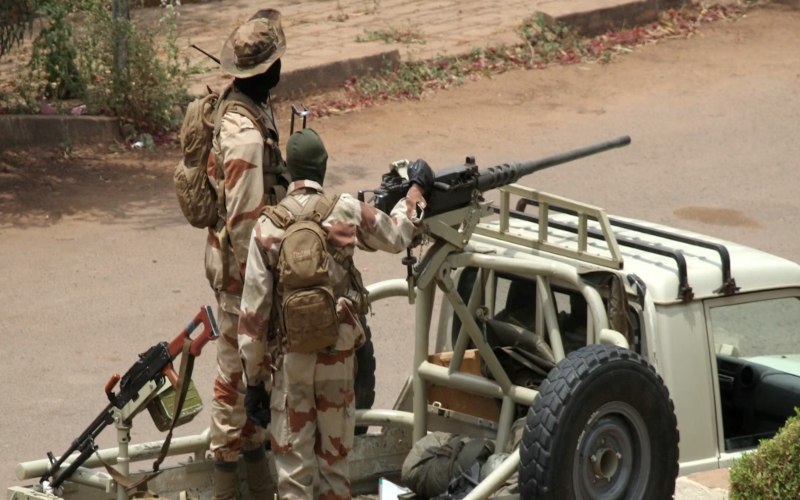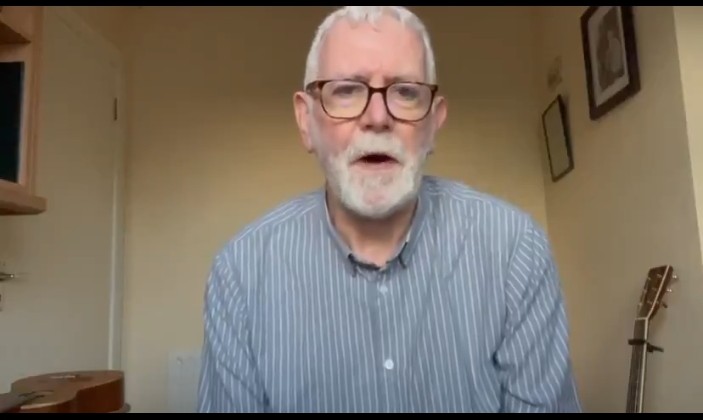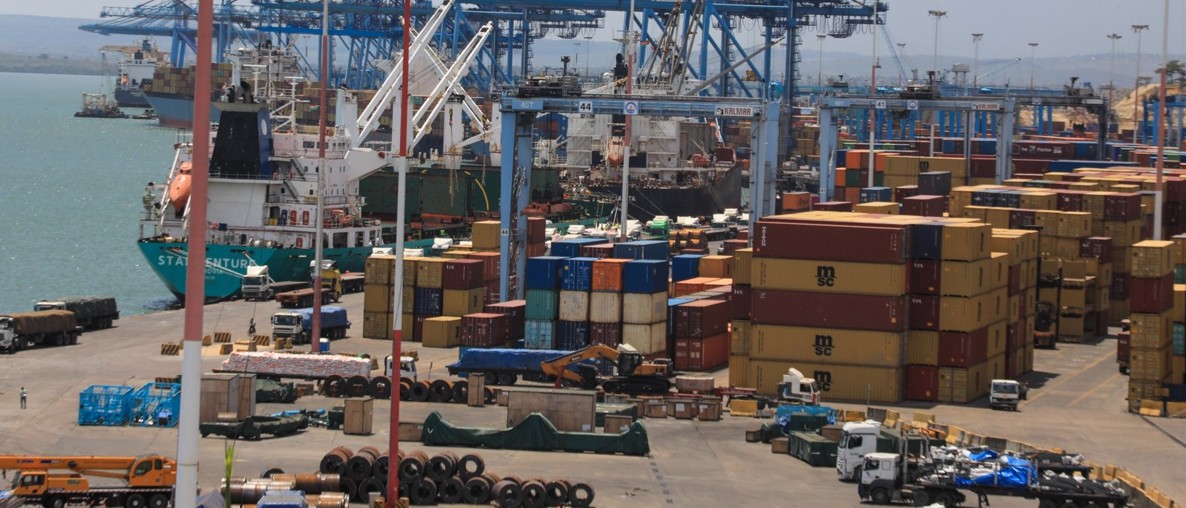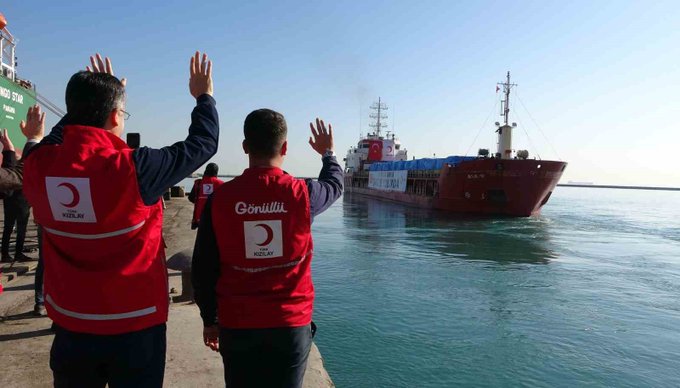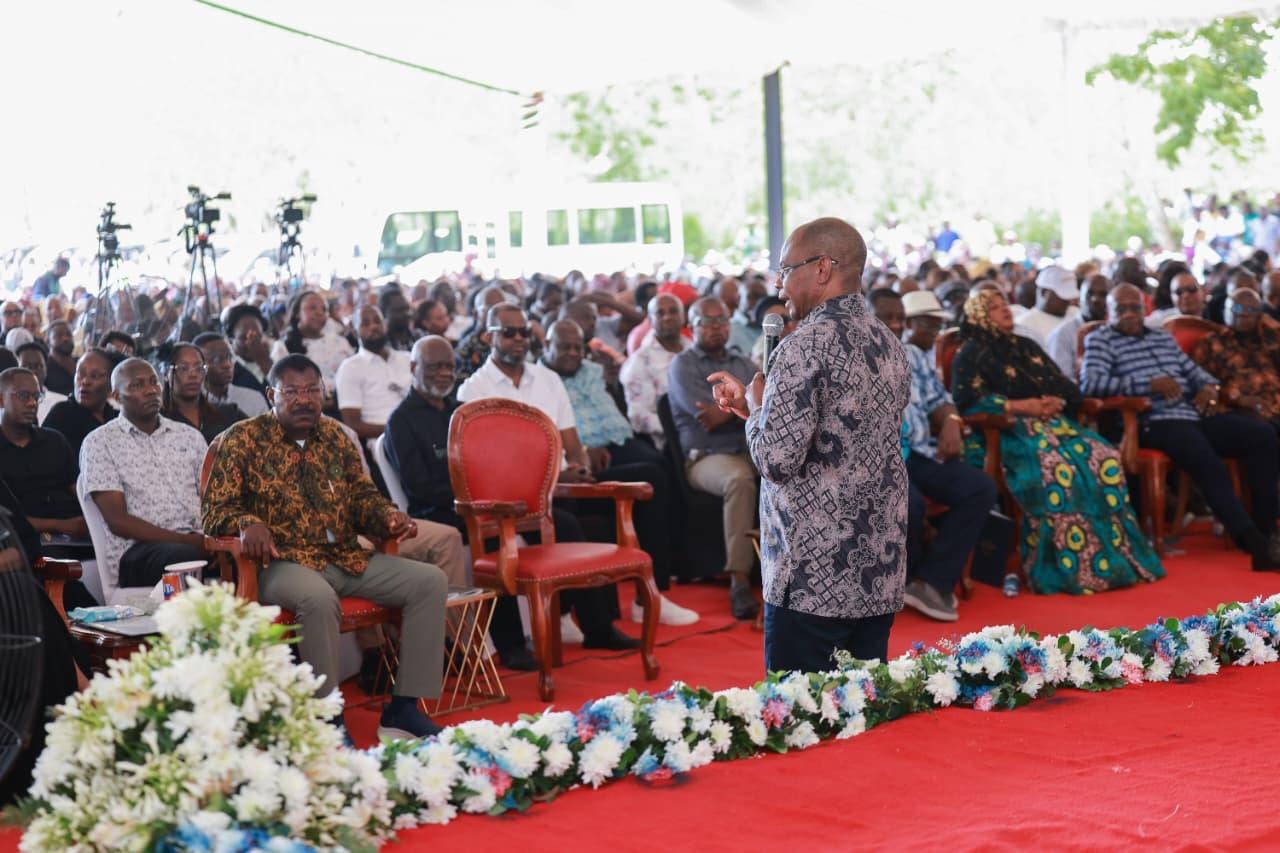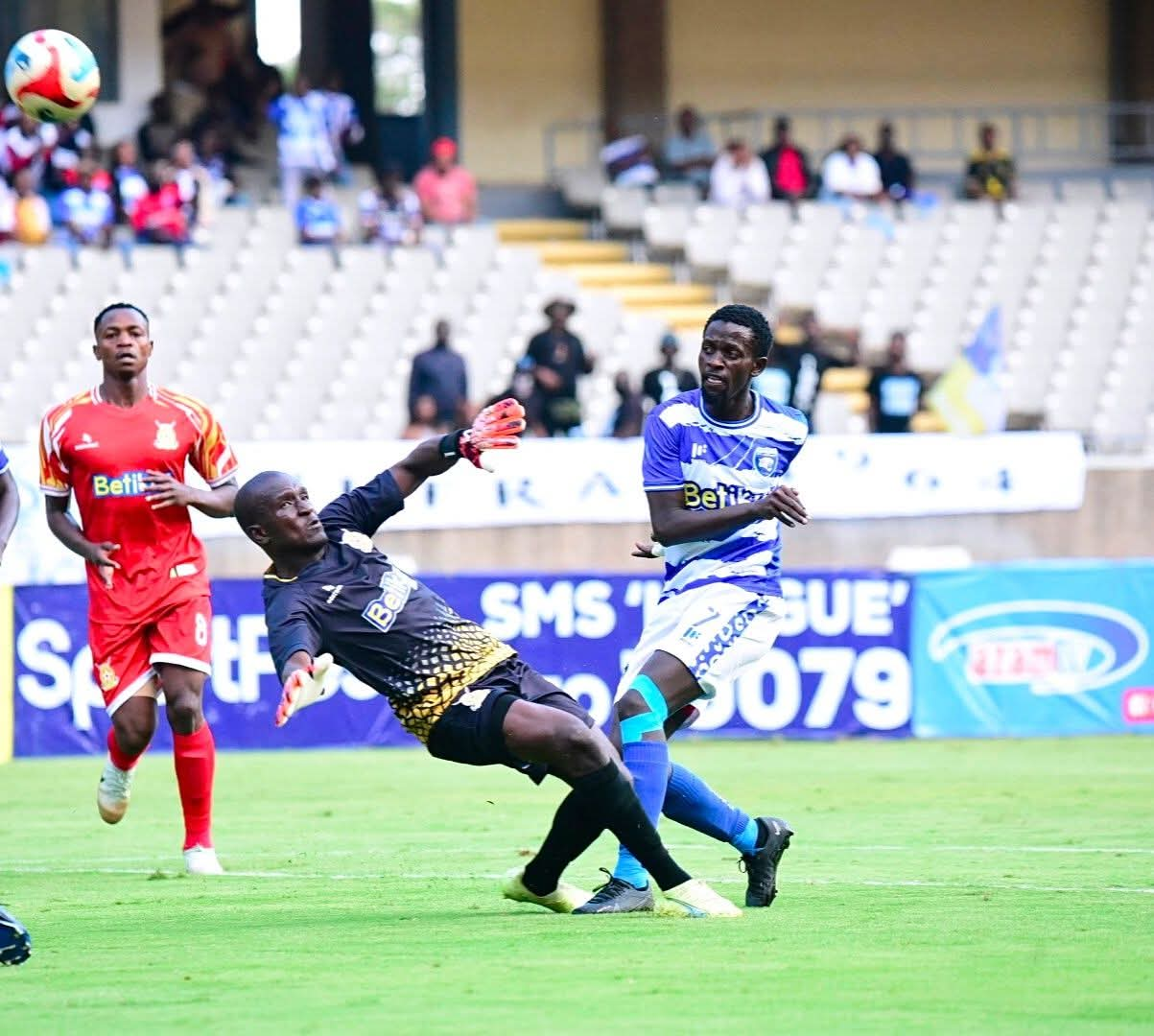Boniface Mwangi released after night in custody with no charges filed
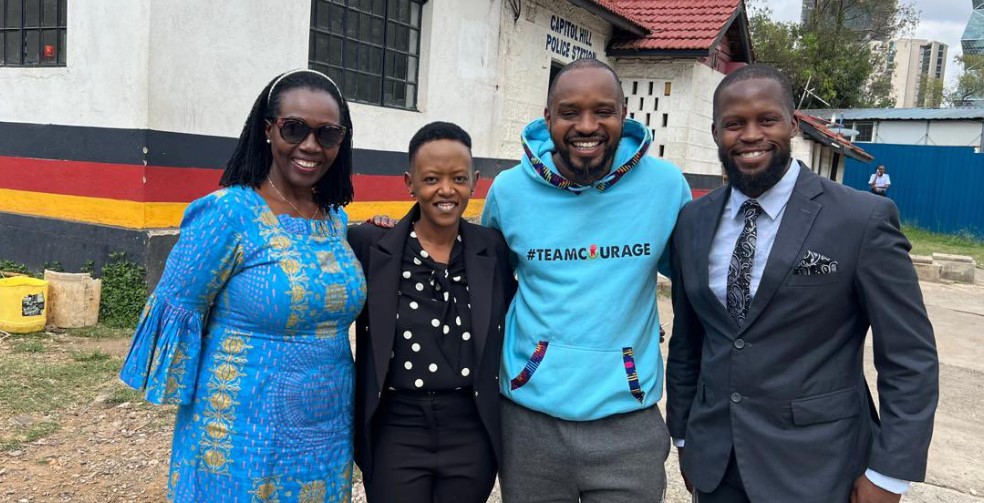
“I can confirm firmly that Boniface Mwangi has been freed with no charges. Wife, children, and friends were there during his release,” Hussein Khalid said.
Activist Boniface Mwangi has been released from Kamukunji Police Station on Monday after spending a night in police custody following his arrest on Sunday morning.
Vocal Africa CEO Hussein Khalid confirmed Mwangi’s release, sharing a video that captured Mwangi reuniting with his wife, Njeri Mwangi, children, and supporters.
More To Read
- Karua accuses government of exploiting poverty in elections
- Karua accuses AU of double standards over Guinea-Bissau coup, Tanzania election crisis
- Karua accuses section of MPs of manipulating public participation in lawmaking process
- Boniface Mwangi summoned over social media post on police
- Abductions, torture cases in Kenya, Uganda and Tanzania (2024–2025)
- Activists protest exclusion of Lake Nakuru from free entry, link reversal to Odhiambo's disappearance
Among those present was NARC Kenya party leader Martha Karua.
“I can confirm firmly that Boniface Mwangi has been freed with no charges. Wife, children, and friends were there during his release,” Khalid said.
Mwangi’s lawyer, James W. Njeri, criticised the handling of the case, stating, “The police arrested him, forced him to spend the night in the cells, then they now release him without a charge. Abuse of power is a cancer in our country.”
The activist had been detained over comments he made regarding plans to disrupt the Standard Chartered Marathon, remarks that authorities deemed inciteful.
The activist was picked up from his home on Sunday morning at around 7 am, with his wife stating that the raid was orchestrated by six unknown individuals.
On the same day, Hussein and Mwangi's wife camped at Kamukunji Police Station and defended the activist from arrest and detention. Hussein argued Mwangi intended to shed light on escalating cases of femicide and demand action from the government rather than disrupt the protest.
Following his release, Kenyans took to X, formerly Twitter, questioning the basis and timing of the detainment, especially given that he was freed without any charges.
There is a growing sentiment that individuals should have the right to seek legal recourse for spending nights in jail only to be released without any charges, as this could lead to significant trauma.
Some called for action against the government for wasting time and taxpayer money on arbitrary arrests, with Mwangi's followers believing that the authorities simply wanted to prevent him from participating in the marathon protests.
The discussion also shifted to the need for stronger measures against arbitrary detentions. Critics argue that celebrating releases without accountability is misplaced. Instead, they advocate for mounting civil and criminal cases against the state and government to address the injustices surrounding wrongful detentions.
Mwangi has yet to address the media on his arrest and detention.
Top Stories Today


